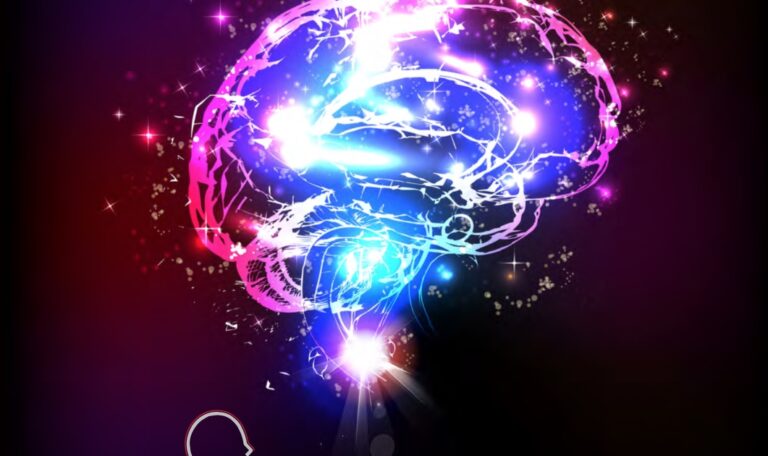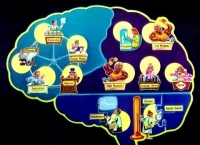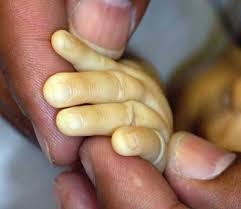
The inside scoop on hospital triage
Connect Experts explores the system used by nurses to assess and priorize ER patients
It’s another packed evening in the hospital emergency room. You’re here with a painful cut on your hand, caused when you grabbed at a razor-sharp piece of falling metal tubing. You can’t help but notice that the busy waiting area is overflowing with patients and worried family members in equally dire straits.
Next to you, a mom sits anxiously with her toddler, whose tears, flushed face and bleary eyes suggest she has a fever. Across the aisle, an elderly man is coughing loudly into a tissue (causing you to secretly hope his illness isn’t contagious).
You’re called by the triage nurse, who tells you your swollen purple index finger should have been stitched days ago. She sends you back to the waiting room, smiling patiently as you ask how long until you see a doctor. “We’ll get you in as soon as possible, we have a lot of sick patients here tonight.”
Now, picture that you are the triage nurse for a moment. How do you determine who goes in next? Over the past 20 minutes alone, the following patients have arrived in the emergency along with the sobbing toddler with a temperature of 39.5C, a heart rate of 120/minute, sore throat and earache:







